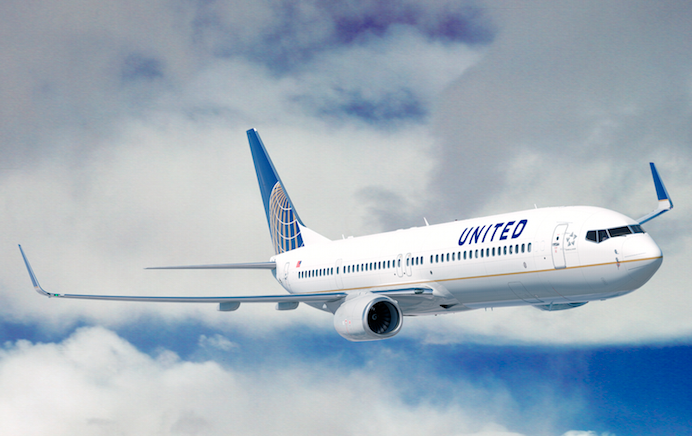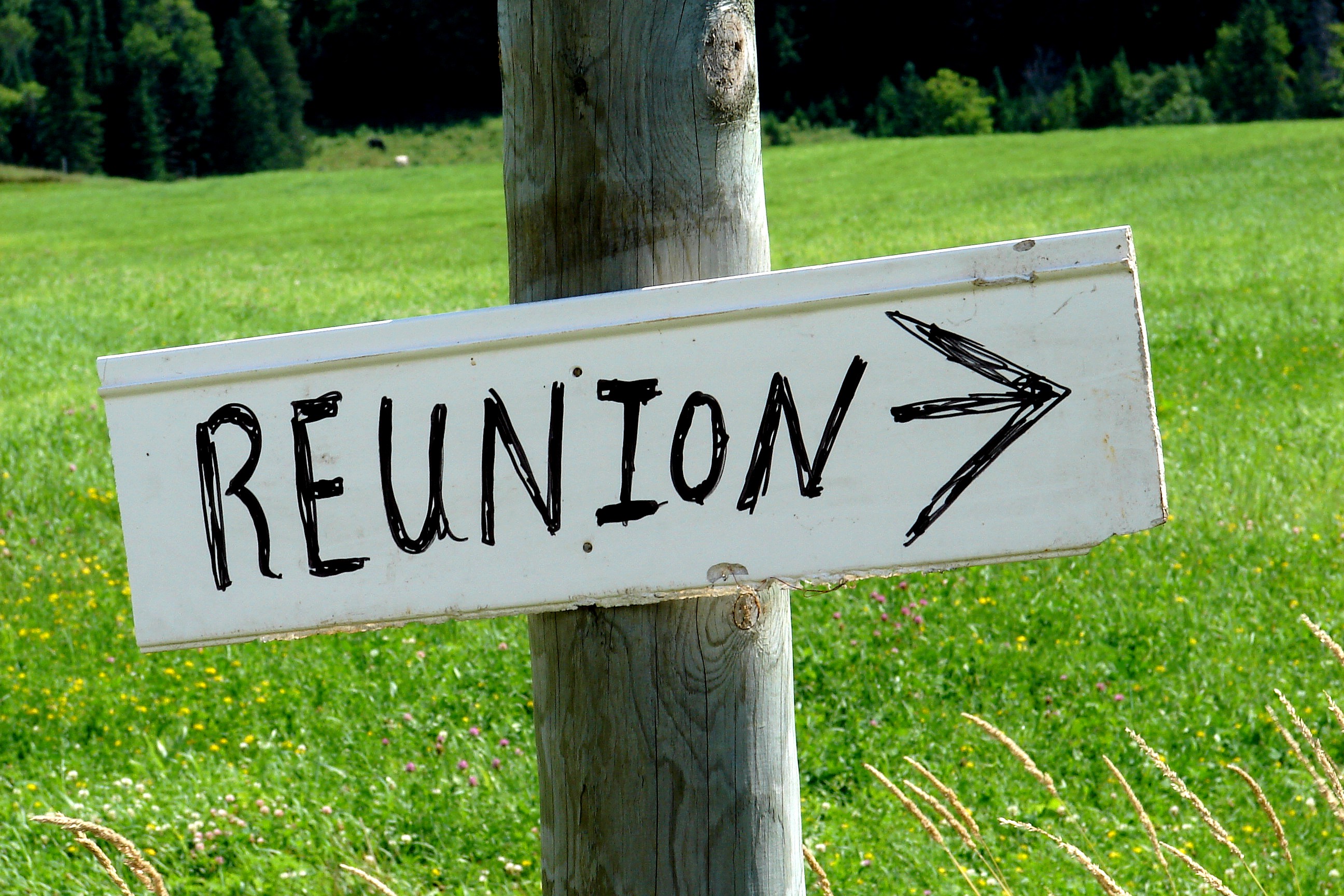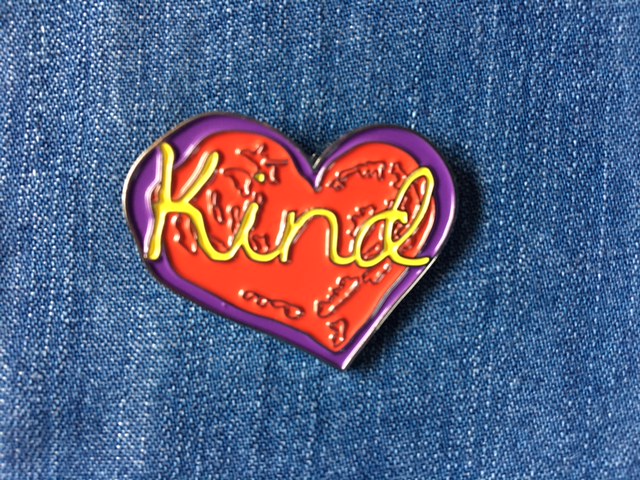
united.com
As a professional, your actions represent not only you…they also represent your company. You are a brand ambassador when you work with customers, speak at a national conference, or volunteer in the community. You are the brand, and all it stands for. You are the face of the company. One false move, like bad behavior, can stunt or end career success.
The recent United Airlines debacle demonstrated that actions speak volumes about who you are and what you value.
The United Airlines Flight 3711 incident, which occurred on Sunday, April 2, has been reported, analyzed and picked apart by the media, bloggers and regular folks like you and me. Here’s what happened: The flight was fully booked, and passengers were already seated. One passenger, Dr. David Dao, had been asked to relinquish his seat (which he had paid for) to make room for a United employee. He refused. As a result, Chicago Department of Aviation officers swooped in with brut force, handcuffed and carted Dr. Dao off the plane. In the process, his nose and a few teeth were broken. A video captured by another passenger immediately went viral. The rest, as they say, is history. In fact, it was an historic event.
It didn’t have to be this way. A moment of thought before taking an action would have resulted in an entirely different outcome…a more positive one…for everyone involved.
Days later, top headlines are still trending:
Newsweek: Why United Was Legally Wrong to Deplane David Dao
NBC News: United CEO: Doctor being dragged off plane was ‘watershed moment’
What would a good brand ambassador do? Here are a few thoughts:
Know what your brand stands for. Your brand is that one thing that represents who you are and what you stand for. First, United’s brand begins with its name, United. That one word creates a larger-than-life image of the company. What does United stand for? Second, you may or may not remember United Airlines’ famous tagline, “Fly the friendly skies.” Because of the brut force that was used to remove Dr. Dao from his seat, one might question, “Is United really friendly?” If United’s thought leaders had really, well, thought about this, they may have come to the conclusion that the action that was being considered didn’t fit with the United brand. But things didn’t play out that way. Every employee of United is a brand ambassador for the airline. And every employee of the Chicago Department of Aviation serves as a brand ambassador for the organization.
Do the right thing. Consider the public’s reaction once the video went viral. It was clear that everyone agreed that the situation was not handled properly. We have all been in situations where our gut screamed out to us “Don’t do it!!!!!” Yet, we ended up not listening to our intuition and lived to regret our poor choice. When your conscience speaks, listen.
If protocol is flawed, pitch it. “I was just following protocol” is not a good enough reason. Sure, United Airlines had a policy. All airlines have policies, procedures and protocol. Sometimes you need to look at protocol, look at the situation, consider the outcome, and ask if the protocol fits the situation and if the outcome is one you desire. If things don’t add up, it’s time to re-examine the protocol or throw it out completely in that situation. The incident has resulted in United Airlines changing its policy.
Take quick, responsible action. The leadership at United Airlines first offered a boilerplate response to the media, saying they were examining what had happened before commenting. A few days later, United CEO Oscar Munoz apologized and took full responsibility. This was too little too late. Two days after the incident, United’s stock had fallen by 4%, roughly $1.5 billion. Although the stock has regained some of its strength, United will carry this ding on its record forever.
Be strategic. In my workshops, I remind people how important it is to keep your finger on the pulse of what’s happening in the marketplace. Technology makes it so easy to do. If you want to get ahead in your career, you have to stay ahead of the competition. A change in the airline industry began shortly after the United Airlines incident. A CBS News headline says it all: “Three airlines change policies in wake of United’s passenger dragging incident.”
Build a culture of respect and compassion. You will never find yourself in an awkward situation or have to apologize for bad behavior if you treat every person that you meet with respect and compassion. More people recognize that this is the best way to move forward together.
The United Airlines incident is already becoming an important case study for business schools, communication scholars, human resource professionals and enforcement officers. Hopefully this is one case where we will learn from mistakes and bring about positive change as brand ambassadors.
 One of the greatest pleasures you can get out of life is being completely selfless — thinking of others before you think of yourself. It doesn’t require much effort…just a little.
One of the greatest pleasures you can get out of life is being completely selfless — thinking of others before you think of yourself. It doesn’t require much effort…just a little.








